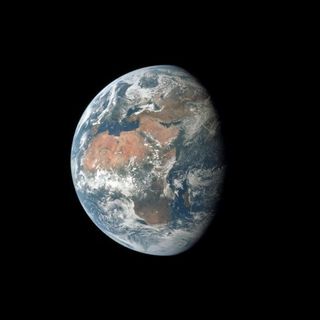Diversity within species is rapidly decreasing, making them more homogenous, concludes a new study, which highlights the need to understand and conserve intra-species variation.
Published in Nature Ecology and Evolution this week, the study explains that the loss of diversity within species is setting nature up for a largely undocumented, barely understood kind of biodiversity crisis that could impact essential ecological functions.
Intra-species variation refers to the differences that exist between different individuals belonging to the same species. Intra-species diversity helps the overall population of the species to remain stable in the face of environmental changes that can lead to declines in some sub-populations, by boosting the number of others.
“Biodiversity means more than the number of species, and when we focus on species-level extinctions we are missing part of the story. … Intra-specific variation is a neglected aspect of biodiversity, but it has value for people, and we need to start recognizing that and protecting this form of biodiversity,” Eric Palkovacs, professor of ecology and evolutionary biology at the University of California, who co-authored the study, said in a statement.
Related on The Swaddle:
Invasive, Exotic Tree Species Are Threatening the Animals of the Western Ghats
The study notes that the disappearance of intra-species diversity is happening across species of flora and fauna, land and sea animals — ranging from mangroves and kelp forests, to salmon species to corals, lizards, turtles, and even the Florida panther.
To explain the impact of this loss on humankind, the researchers explained how the loss of certain flora can impact human health care. “Different varieties of the same plant species may have different compounds with different medicinal properties, such as different antimalarial drugs that depend on the genetic diversity of the plants they are derived from,” Palkovacs explained.
Experts note that humans have depended on variation within domesticated and agriculturally important species for a long time. But due to our “continued selection for [sic] unusual and beneficial variants within [these] species,” we have “lost critical genetic diversity,” within them, noted Simone Des Roches, who researches intra-species variation, among other things, at the University of Washington, U.S., and was the first author of the study.
“There is strong evidence that the loss of [intra-species] variation may be a very widespread problem, but we don’t even know what is being lost,” Pavlovics concluded.




